11 Habits for Better Sleep When You Travel
This post may contain affiliate links.
Whether traveling for work, visiting family, or simply unwinding on a beach in a far-off land, it’s easy for your sleep to be disrupted. A lack of sleep can lead to crankiness and laziness, which is neither enjoyable nor productive. To ensure a better rest during these times, consider these 11 ways to enhance your sleep quality.
1. Noise Canceling Headphones
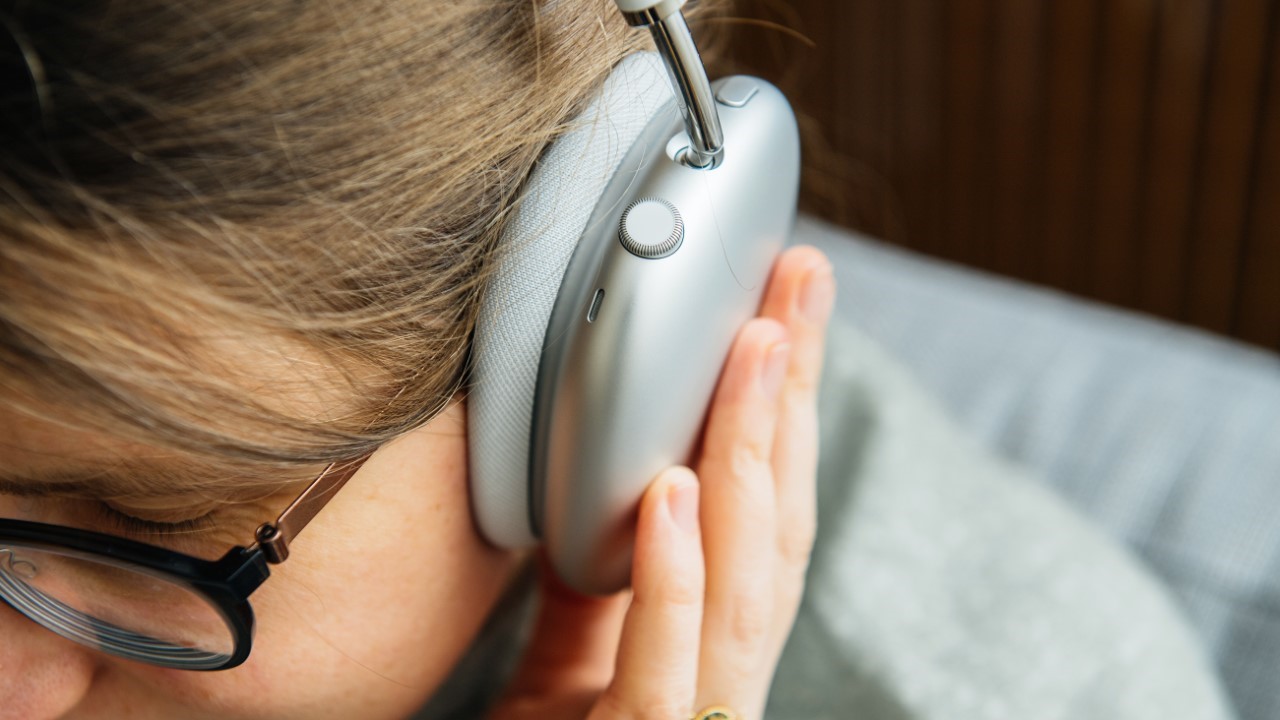
This tip holds more significance when it comes to traveling with co-passengers. Factors like a crying baby on an airplane or a talkative stranger on the train may prove to be hazardous for sleep. Avoid such meager obstacles entirely and invest in an efficient pair of this gadget.
2. Melatonin

While we discourage the use of pharmaceutical products and sleeping pills to help catch up on a good night’s sleep while traveling, Melatonin is one exception. Since it is a natural hormone that balances and improves your sleep cycle, it is definitely recommended. Do check in with your doctor before though!
3. Travel Wear

If traveling by air, road, or train, wearing comfortable outfits like sweatpants, t-shirts, warm jackets, and sweaters is best. Avoid wearing clothing that is too tight or itchy, as it can be uncomfortable during a long journey. Allow your body some room to breathe in an already cramped vehicle or airplane.
4. Anti-Nausea Pills
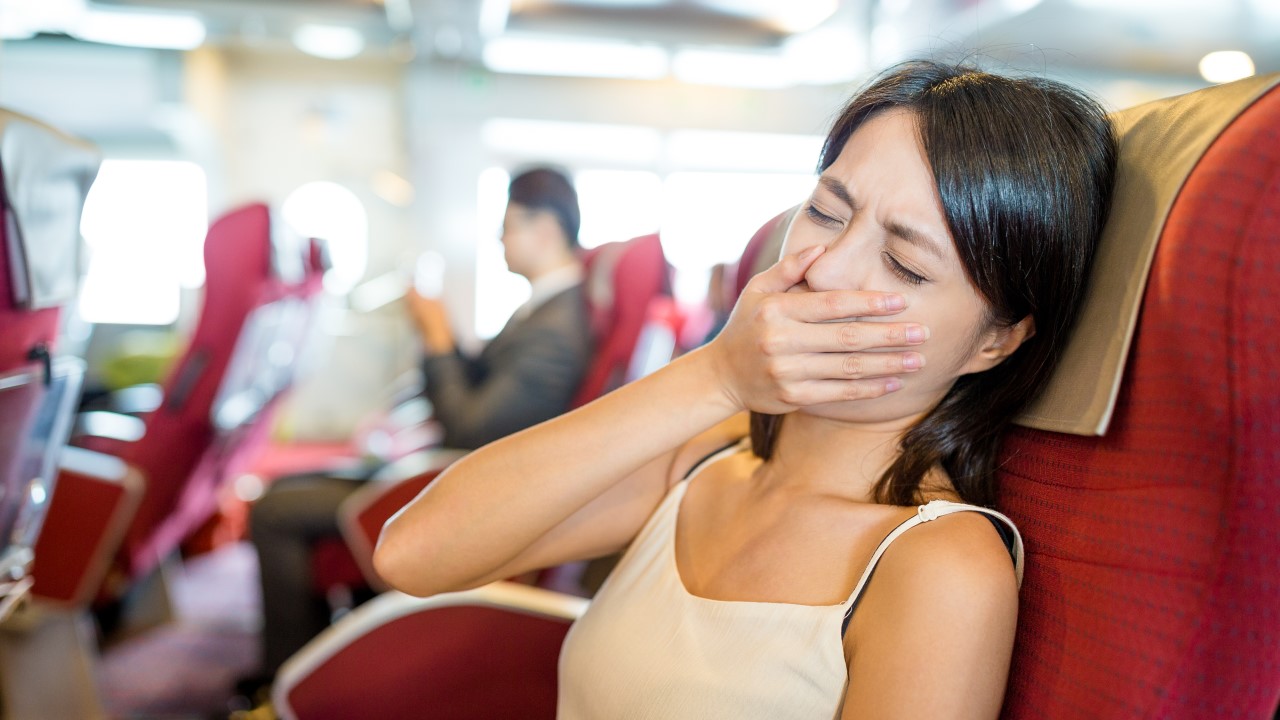
These should always be kept in one’s travel bag. Especially those individuals who are well aware that they suffer from travel sickness must never skip this crucial step. Check with your doctor to be sure this is right for you.
5. Travel Pillows
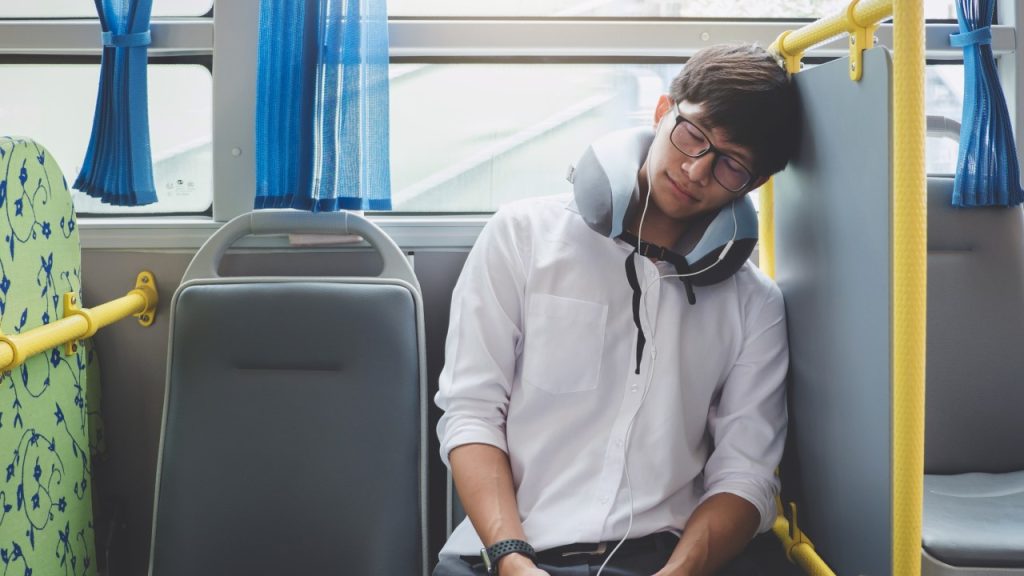
Fluffy donut-shaped pillows are perfect for preventing neck cramps and stiffness. They’ll make you feel like your head is held up by soft clouds instead of your spine and muscles.
6. Eye Masks
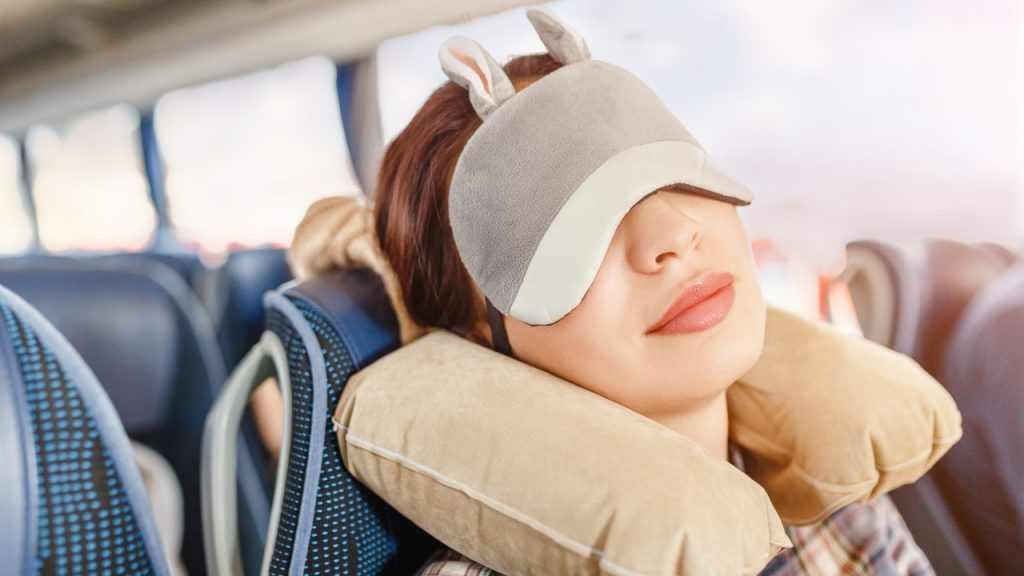
The child in the window seat may not be willing to lower the shutter on an airplane, or the constant stimulation might be preventing you from keeping your eyes shut. That is when these eye masks will come to your rescue. Opt for one made out of cotton to avoid any irritation to the skin around the eyes.
7. Adjust Sleeping Time
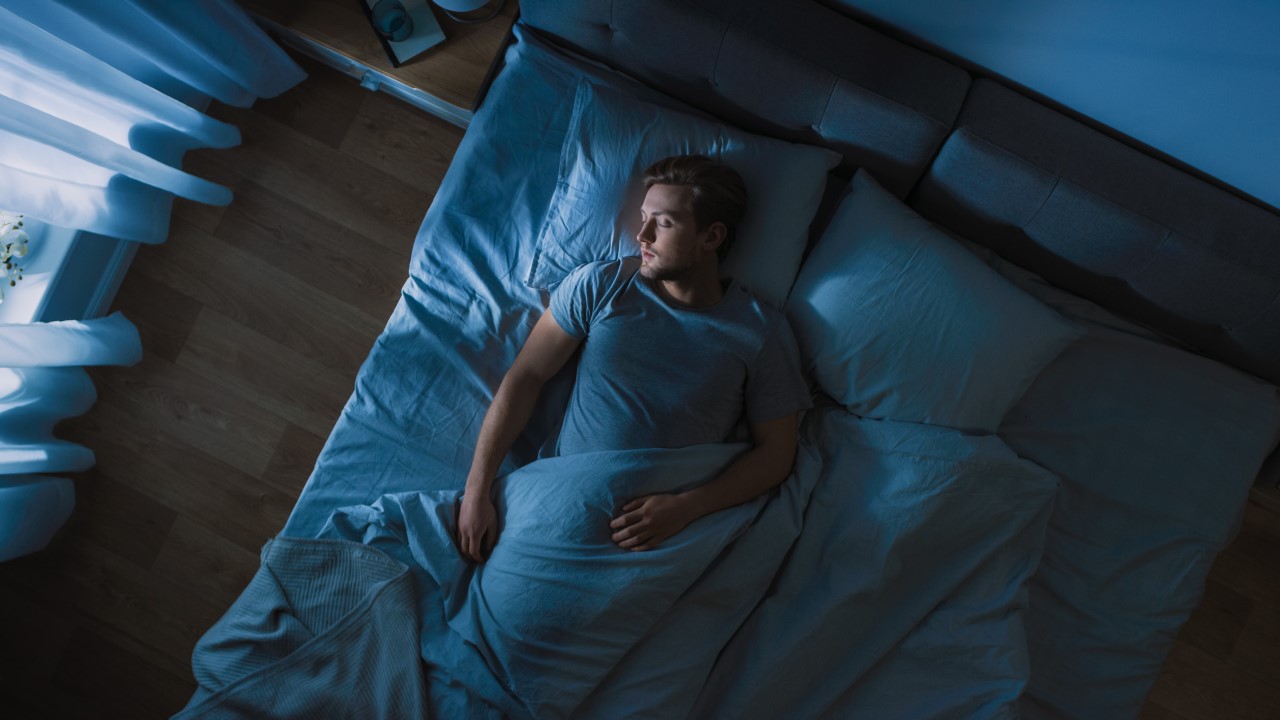
If you are traveling internationally across time zones, your body may need help adjusting. So accordingly, begin sleeping an hour earlier or an hour later each day preceding travel. This change obviously depends on your destination and the time zone it lies in.
8. Minimization of Light
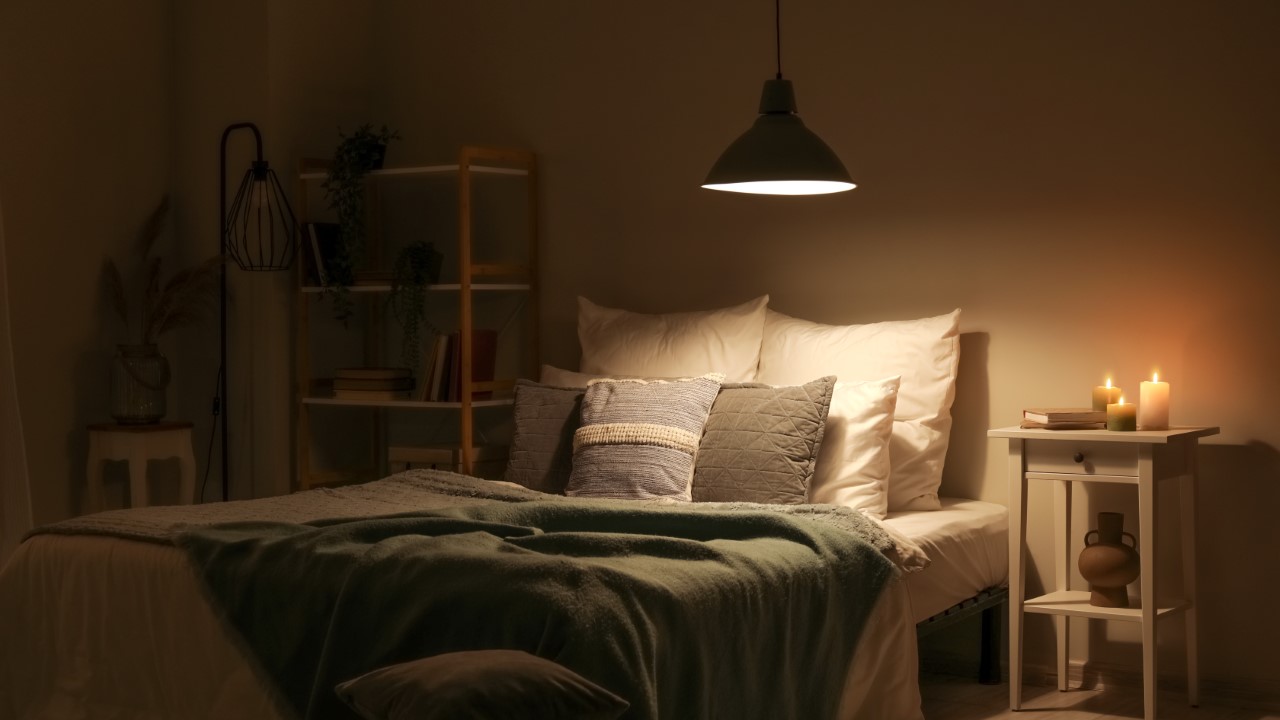
If your travel begins at night and you land at your destination during the day, your body may lose synchronization with your brain, and the daylight may force the former to stay up. This can be prevented by the use of sunglasses or spending more time indoors to create a facade for your body about it still being nighttime.
9. A Full Stomach

While many of us might succumb to hunger to avoid the nauseating feeling that accompanies traveling, it is the enemy of sleep. A well-fed individual is much more likely to be well-rested even during a long journey. So make sure to eat well.
10. White Noise

There are smartphone applications built to produce white noise, which will calm down your nerves and help you sleep. Connect your phone to a pair of headphones or earplugs and let the white noise push you into a blissful nap.
11. The Window Seat
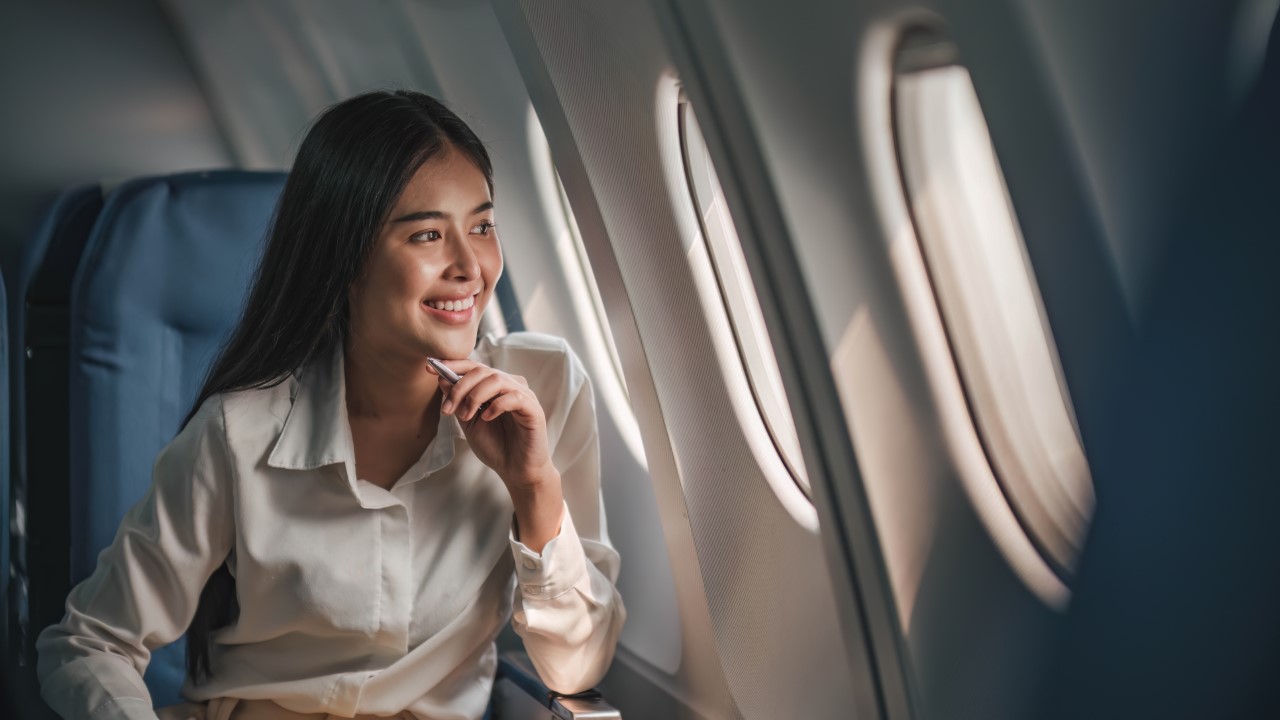
Unless you are claustrophobic, window seats should be your go-to. The aisle or center seats do not provide the same level of support that window seats do. Lean against the window and, just like that, doze off.
12. A Pre-Shower

Taking a hot shower can be a real treat before boarding a plane, bus, or train. The shower will help soothe your nerves and relax any previously tense muscles, allowing you to sleep better and be free of worries and stress.
Romantic Weekend Getaway

12 Southern Towns for an Unforgettable Romantic Weekend Getaway
Travel Abroad

10 Hotspots for Your 2-Week Adventure Abroad
Visit Hilton Head Island, South Carolina

13 Hilton Head Island Must-Do Activities
Author: Natasha Newton (Natasha's Southern Flavor)
Natasha is the founder of Natasha’s Southern Flavor. She has a passion for sharing delicious family friendly low-carb recipes that are easy to make and use readily accessible ingredients. Natasha has published three bestselling cookbooks. Her books and recipes have been featured by CNET, Delish, Mindbodygreen, Parade and Women’s Health. She enjoys traveling and spending time with her husband, two adult children, and three furbabies.
Read more about Natasha here.
